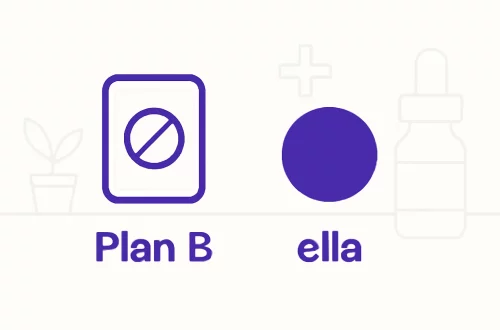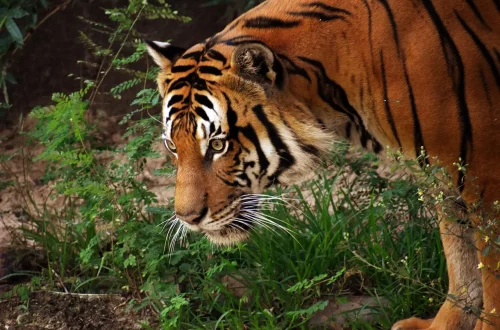
Can Cats Eat Spam? What You Need to Know About Cat Diets
Cats are often considered part of the family, and as such, many cat owners find themselves questioning what is safe and healthy for their beloved pets to consume. The diet of a cat can be a complex topic, as these animals are obligate carnivores, meaning their bodies are designed to thrive on a diet primarily composed of meat. Understanding the nutritional requirements of cats is essential for their overall health and well-being.
Pet owners frequently face the dilemma of whether human foods can be safely incorporated into their feline friends’ diets. Many people enjoy sharing what they eat with their pets, but not all human food is suitable for cats. Some foods that are perfectly safe for humans can be harmful to our four-legged companions. Awareness of the potential risks associated with feeding cats certain human foods is crucial for responsible pet ownership.
Among the many human foods that might be considered for a cat’s diet, processed meats like Spam often come up in conversation. While these foods might be convenient for humans, they are not always safe or healthy for cats. In addition to understanding specific foods, it’s vital to evaluate the overall dietary needs of cats to ensure they receive all the necessary nutrients for a long and healthy life.
Nutritional Needs of Cats
To understand whether cats can eat Spam, it’s important to first grasp their nutritional requirements. Cats are obligate carnivores, meaning they rely on nutrients found exclusively in animal products. Their diet must be rich in proteins, amino acids, and essential fatty acids, which are primarily derived from meat.
Protein is a crucial component of a cat’s diet. It provides the building blocks for muscle development and overall bodily functions. Cats require specific amino acids such as taurine, arginine, and methionine, which are primarily found in animal tissues. Unlike dogs, who can synthesize certain nutrients from plant sources, cats do not have this capability and thus must obtain these essential nutrients from their diet.
Fats are also an important part of a cat’s nutritional profile. They provide a concentrated source of energy and are vital for healthy skin and coat, as well as for the absorption of fat-soluble vitamins. Unlike carbohydrates, which are not a necessary part of a cat’s diet, fats are essential for their overall health.
In addition to proteins and fats, cats also require specific vitamins and minerals. For instance, vitamin A, which is found in animal tissues, is crucial for vision and immune function. Cats also need certain B vitamins for energy metabolism and overall health. Furthermore, minerals like calcium and phosphorus are essential for strong bones and teeth.
With these nutritional needs in mind, it becomes clear that while cats can consume some human foods, many processed products do not meet their dietary requirements. It’s essential for cat owners to ensure that their pets receive a balanced diet that fulfills all their nutritional needs, ideally through high-quality commercial cat food or a carefully planned homemade diet.
Risks of Feeding Cats Processed Meats
Processed meats like Spam may seem like a convenient treat for cats, but they come with a host of potential risks. One of the primary concerns is the high sodium content found in most processed meats. Cats have a limited ability to process sodium, and excessive intake can lead to serious health issues, including hypertension and kidney problems.
In addition to sodium, processed meats often contain preservatives and additives that may not be safe for cats. Ingredients such as nitrates and nitrites are commonly used in processed meats to enhance flavor and shelf life. These chemicals can be harmful to cats in large quantities and may contribute to long-term health issues.
Another important consideration is the fat content of processed meats. Spam and similar products can be high in unhealthy fats, which may lead to obesity if consumed regularly. Obesity is a significant health concern for cats and can lead to a myriad of complications, including diabetes, joint problems, and a reduced lifespan.
Furthermore, processed meats lack the essential nutrients that cats require. While they may contain some protein, they do not provide the balanced nutrition that cats need. Feeding your cat processed meats like Spam on a regular basis can result in nutritional deficiencies that can have serious implications for their health.
Instead of offering processed meats as a treat, it’s advisable to opt for healthier alternatives. Cooked, unseasoned meats such as chicken or turkey can be a safe and nutritious option for your cat. These choices not only provide essential nutrients but also align more closely with their natural dietary needs.
Alternatives to Spam in a Cat’s Diet
If you’re looking to treat your cat or add variety to their diet, there are many safe and nutritious alternatives to processed meats like Spam. One of the best options is to offer fresh, cooked meats that are free from seasoning and additives. Options such as chicken, turkey, or fish can be excellent sources of protein and essential nutrients.
When preparing meat for your cat, it’s important to ensure that it is cooked thoroughly to eliminate any harmful bacteria. Avoid using any spices, sauces, or seasonings, as these can be harmful to cats. Simple, unseasoned meat will provide the necessary nutrients without introducing any unnecessary risks.
Another healthy alternative is to provide commercial cat treats that are specifically formulated to meet the dietary needs of felines. These treats are often made from high-quality ingredients and are designed to be nutritionally balanced. They can be a great way to reward your cat while ensuring they are getting the right nutrients.
Additionally, some pet owners opt for a raw diet for their cats, which can include raw meat, organs, and bones. However, if you choose this route, it’s crucial to do thorough research and consult with a veterinarian to ensure that the diet is safe and nutritionally complete. A poorly balanced raw diet can lead to serious health issues.
Lastly, incorporating high-quality commercial cat food into your cat’s diet is the best way to ensure they receive all the necessary nutrients. Look for brands that list high-quality protein sources as the main ingredient and avoid those with excessive fillers or artificial additives.
In conclusion, while it may be tempting to share human food like Spam with your cat, it is crucial to prioritize their health and well-being. Always opt for safe, nutritious alternatives that align with their dietary needs.
**Disclaimer:** This article is for informational purposes only and does not constitute medical advice. Always consult with a veterinarian for any health concerns or dietary changes regarding your pet.




